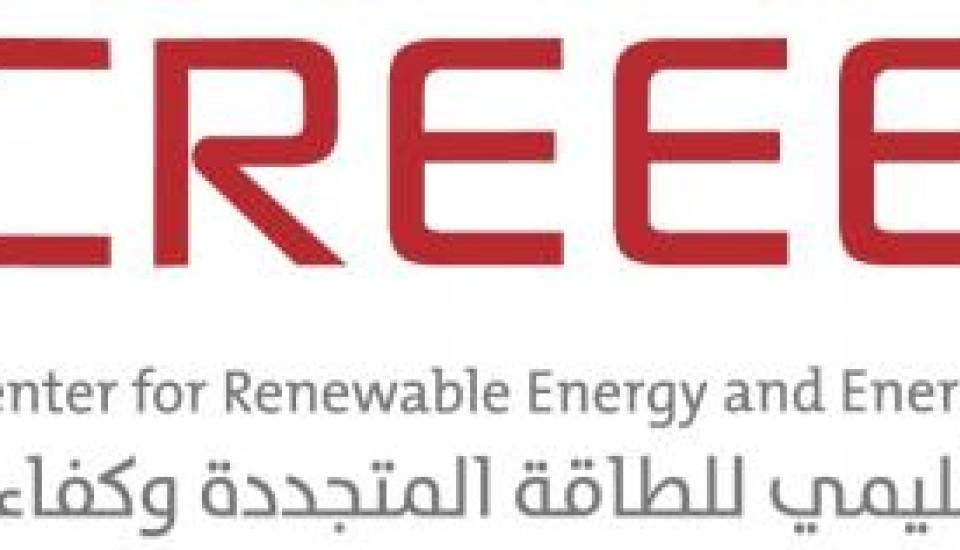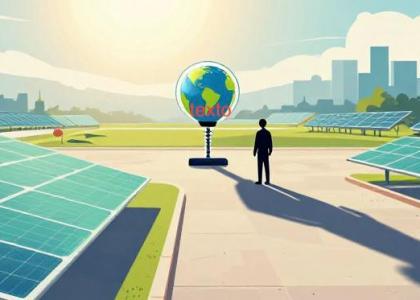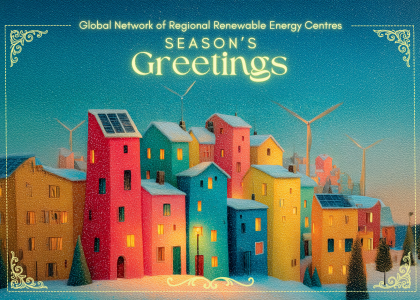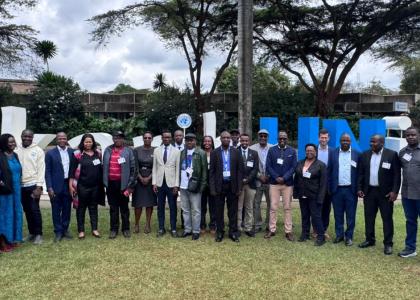A certification scheme for solar collectors and solar water heaters has been established for Egypt and Tunisia within the framework of the Solar Heating Arab Mark and Certification Initiative (SHAMCI). It is the result of a series of visits and meetings conducted by Engineer Mazen Chanar, SHAMCI Project Director at RCREEE, to push this initiative forward. 
A meeting was held in Egypt between Eng. Maged Mahmoud, Projects Manager at RCREEE, Eng. Mazen Chanar, SHAMCI Project director, Mr. Ashraf Kraidy, Energy department advisor at the League of Arab States, and members of the Committee to prepare the SHAMCI certification scheme for presentation to the Egyptian General Authority for Standards and Quality. The meeting was headed by Dr. Hassan Abdel Majeed, Director General of the Authority, and revolved around finalizing a draft of the quality certification scheme for solar thermal products and solar water heaters. The draft is expected to be completed and issued by next August.
The Egyptian Shamci certification scheme for solar collectors and solar water heaters is considered the first of its kind in the Arab Region. Its adoption will help producing a quality certification scheme for the solar heaters’ systems. It will also support the Egyptian industry in facing energy challenges and will save large sums of money to the state. The saved funds can go to the construction of fossil fuel power stations to generate electricity equivalent to the amounts of square meters installed from the solar energy devices for heating water.
During his visit to Tunisia, Eng. Mazen agreed with the National Agency for Energy Control to establish the quality certification scheme for solar thermal products in Tunisia. In addition, both parties agreed on the updates related to the rehabilitation of two laboratories for solar energy devices by the end of September 2014. The two laboratories are considered to be among the best in the region in terms of availability and adequacy for testing in accordance with most of Shamci requirements. 
Eng. Chanar’s visit to Tunisia included a series of meetings and field trips to some of the country’s institutions and industries under the supervision of the National Agency for Energy Control. The most important visit was to the Tunisian National Institute for Standardization and Industrial Property (INNORPI), during which a review of SHAMCI criteria took place. This was followed by a scoping visit to the three factories of solar heating devices (SOFTEN , S.IN.ES, BSI) that are characterized by advanced manufacturing techniques. The factories invest in local solutions to solve the problem of high concentration levels of chlorine in water that lead to corrosion. Painting the inside of the hot water tanks with chloride-resistant materials has proven effective against corrosion.. These factories also apply quality management system in their production processes. Tunisia produces about 29,000 heaters per year, 2900 of which are exported to Europe.
Industrial actors have shown great interest to apply the SHAMCI program, and consider it as an important step in opening up Arab markets. The correct application of these certification schemes will help industries save energy, ultimately reducing greenhouse gas emissions and contributing to job creation and sustainable investments in the Arab region.
The Solar Heating Arab Mark and Certification Initiative (SHAMCI) is a quality certification scheme for solar thermal products and services in the Arab region. The project provides a regional industrial and regulatory compliance framework for policy makers, industrial sector, and end-consumers. The project promotes adopting standard quality measures, accreditation systems and quality labels across the Arab region.
Shamci is a project of the Regional Center for Renewable Energy and Energy Efficiency (RCREEE) and the Arab Industrial Development and Mining Organization under the umbrella of the League of Arab States.







